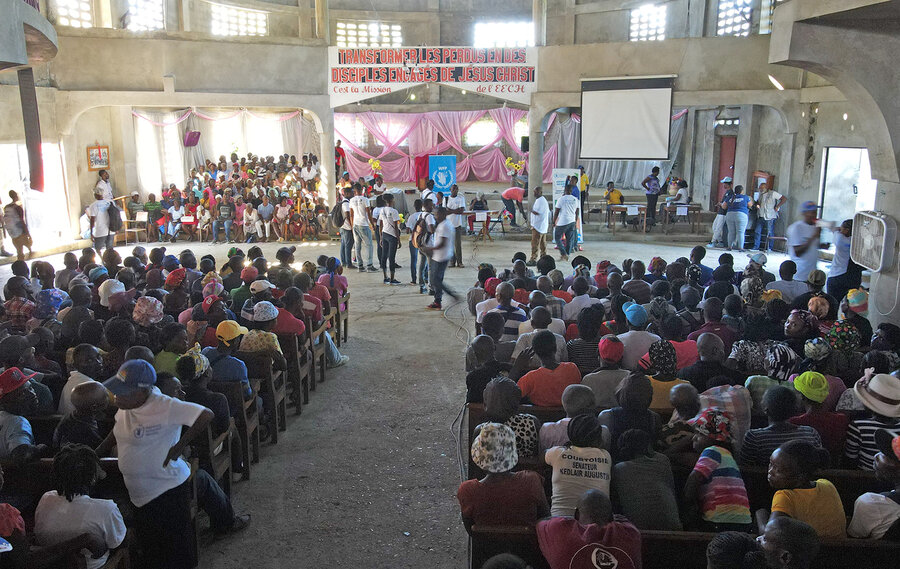
As Haiti picks up the pieces after devasting floods that hit some parts of the country in early June, other parts of the Caribbean country are reeling from drought which has intensified since January.
Thanks to support from ECHO (the EU's Civil Protection and Humanitarian Aid department), WFP is providing vital financial aid to vulnerable people, stimulating the local economy and strengthening communities.
An alarming number of donkeys and horses in the Nord Ouest department, among the hardest hit areas, died because of a lack of food and water. They were used by people in the area to transport salt - an essential commodity in the area - from the basins where it's produced, in the commune of Anse-Rouge, to the trading hub of Port-de-Paix.
'Unseen and unheard': Haiti weathers hunger, gangs and climate extremes
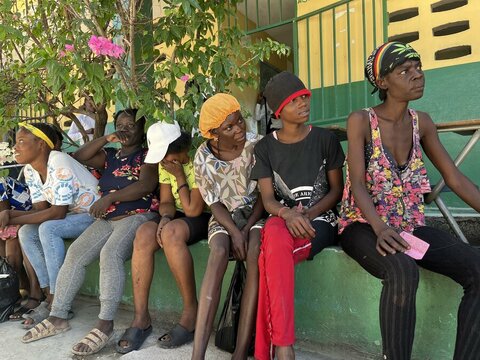
Losing her donkey left Zina Jean Louis, who is in her fifties, unable to continue her business of trading salt.
"To feed my children, I now have to rely on my neighbours who share meals with us," she said. "I don't have a garden (to grow vegetables)."
She added: "My neighbours and I can no longer run our businesses. Without the help of an animal, traders face a walk of six hours under the blazing sun."
Fifty-five percent of people in the Nord-Ouest are acutely food insecure - at IPC3 ('Crisis') or IPC4 ('Emergency') on the global standard for measuring food insecurity, the Integrated Food Phase Classification.
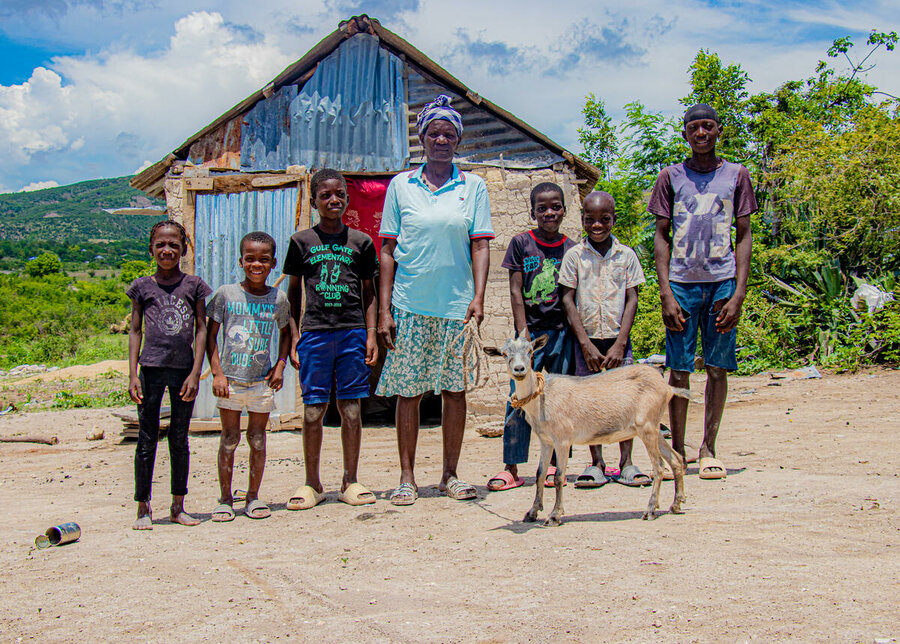
It's also the second-highest prevalence of hunger among departments in a country where 4.9 million people are food-insecure - nearly half the total population.
Most of the Nord-Ouest's people are farmers, and the agricultural production of the department has steadily declined over several years due to the increasingly harsh droughts. Already fragile livelihoods are being eroded, leaving families without the means to earn an income.
Thanks to funding from the EU, the World Food Programme (WFP) is supporting 12,000 people in the Nord Ouest with cash transfers - people whose livelihoods have been jeopardized by the lethal intersection of climate shocks, economic decline and insecurity.
Zimbabwe: EU cash enables families to buy food amid rising prices and inflation
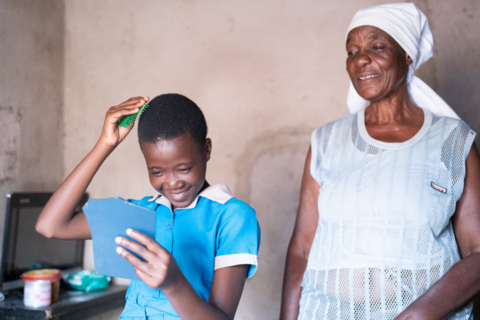
The money is provided either in cash or by telephone transfers, targeting vulnerable families, the majority of whom are led by single mothers.
Assistance is provided in four instalments, totaling US$480 (70,400 Haitian gourdes) per household, enabling nearly 2,500 people to meet their families' most urgent needs.
In addition to direct food purchases on local markets, households sometimes invest in sustainable solutions such as starting small businesses or purchasing livestock, that may enable them to improve their food self-sufficiency.
Zina has benefited from WFP's four cycles of assistance. "Right from the first round, I acquired a precious good… a goat," she said. "With the other cycles, I bought food for my children. Six of them still go to school, and I've paid their school fees. I paid off the funeral debts of my husband, who died eight years ago."
She added: "After this programme, I'll be satisfied, I'll have my goat as insurance in case my children or I fall ill."
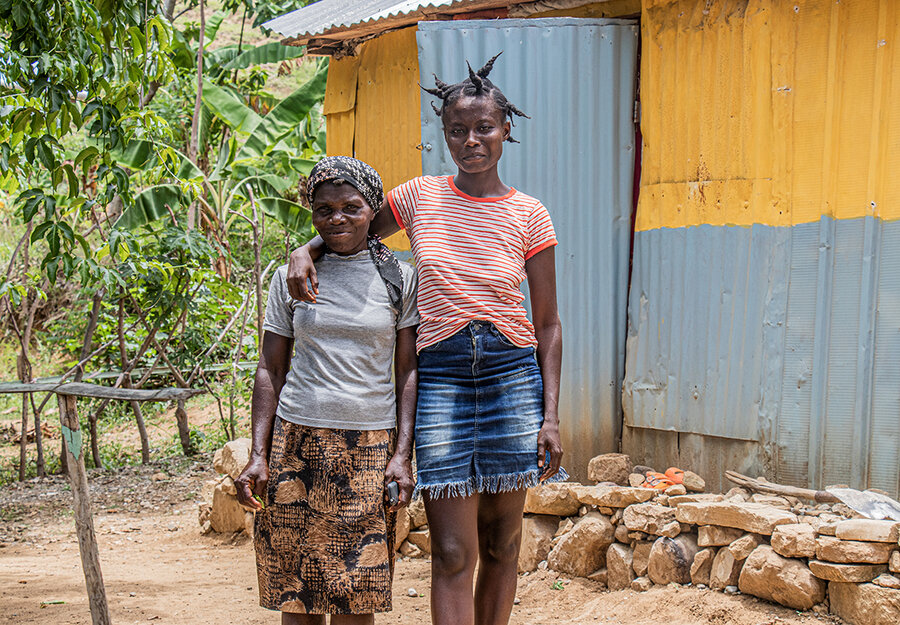
For Haiti's most vulnerable families, animals represent a traditional safety net that can be used, eaten or sold in times of need. Having recently lost her donkey, Zina takes even better care of her goat. She feeds it three times a day, brings it water and tries to shelter it from the sun.






